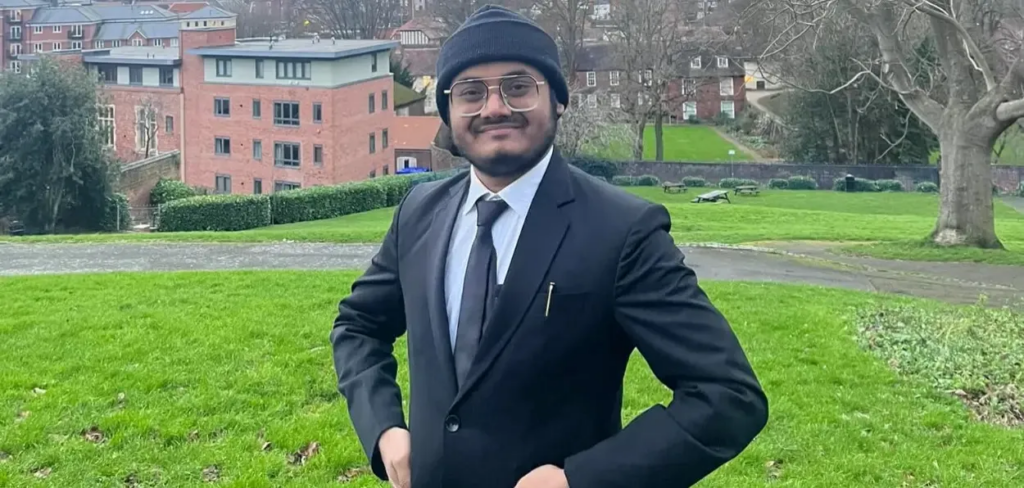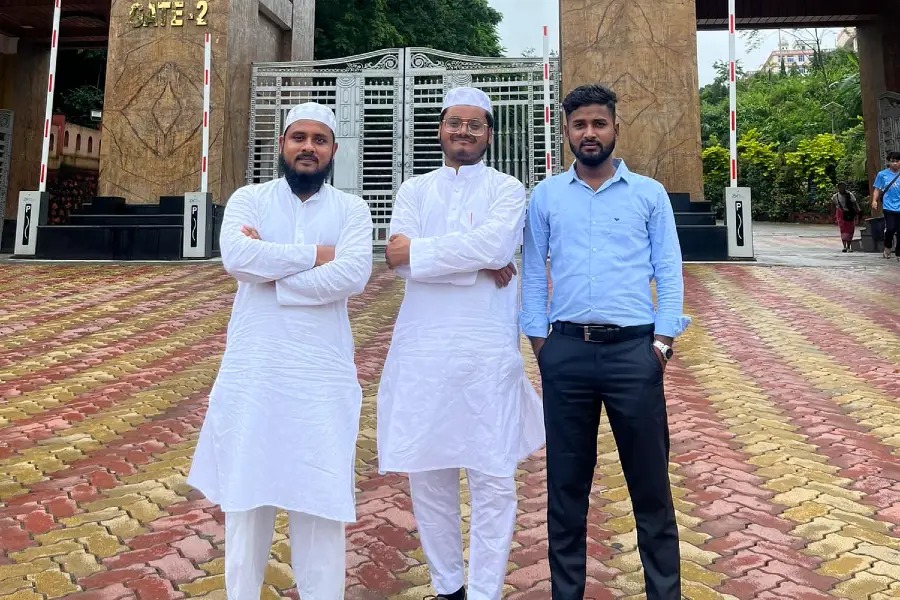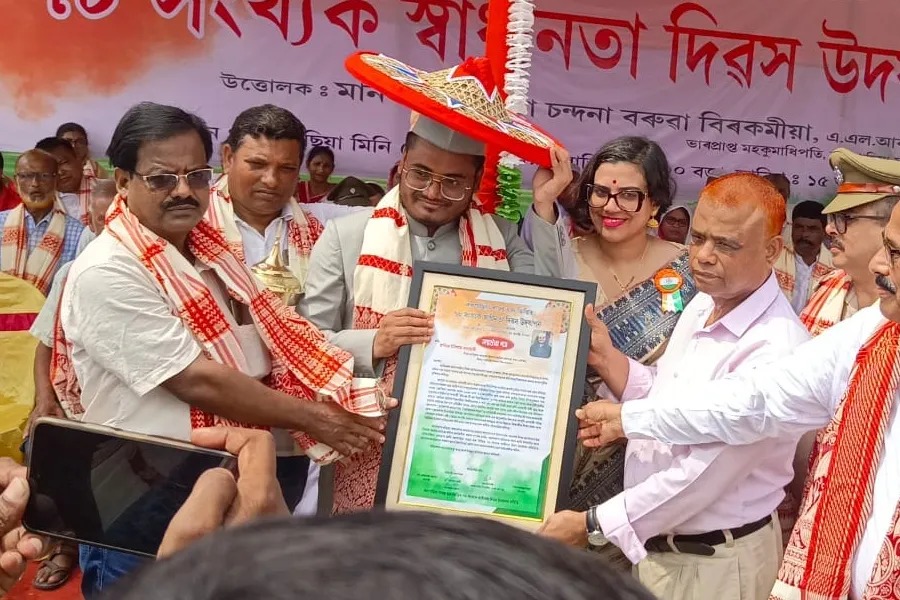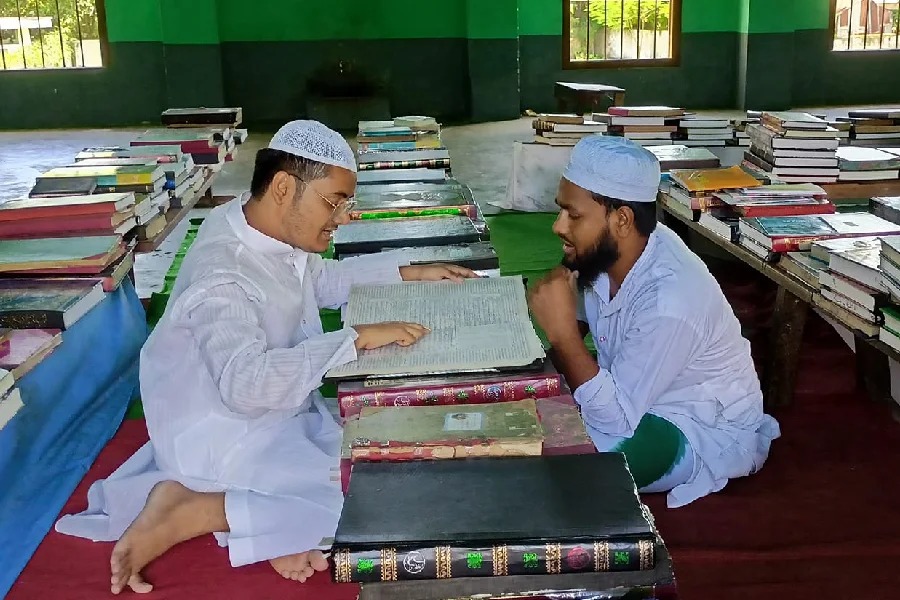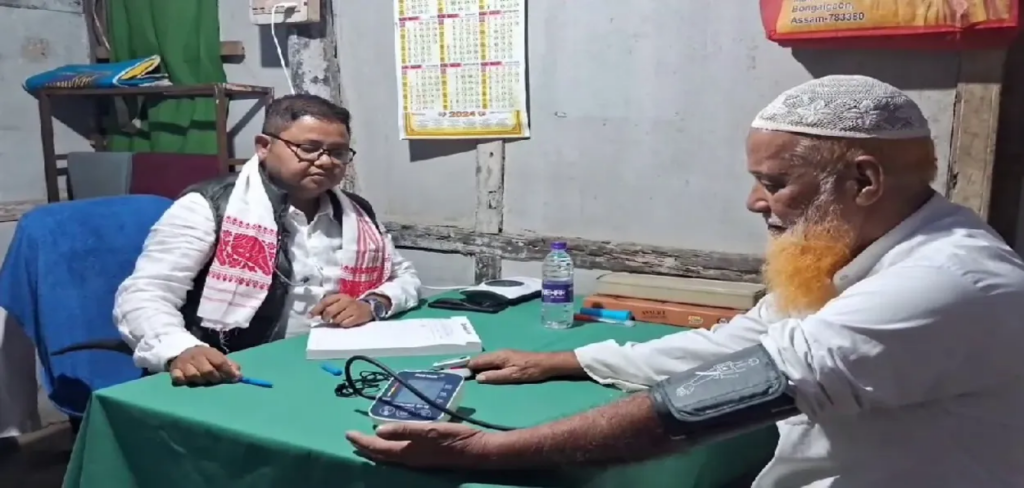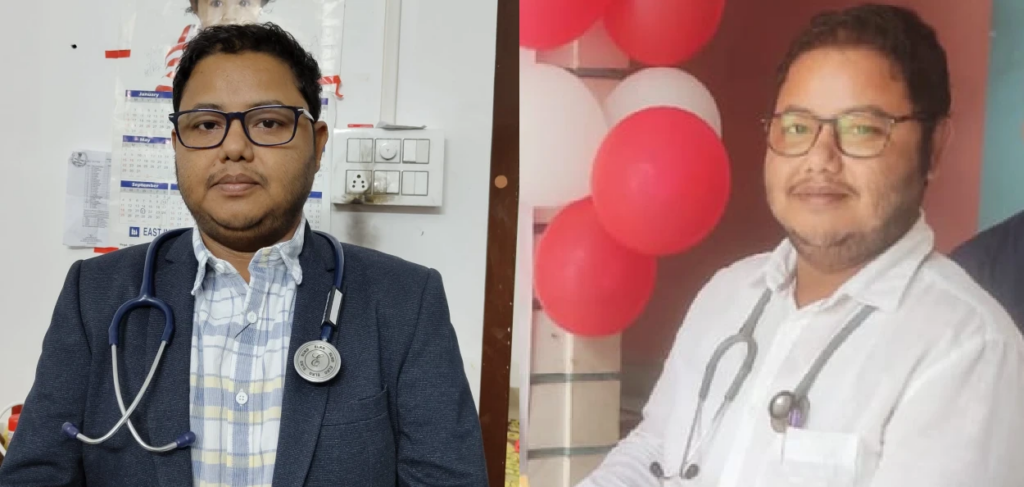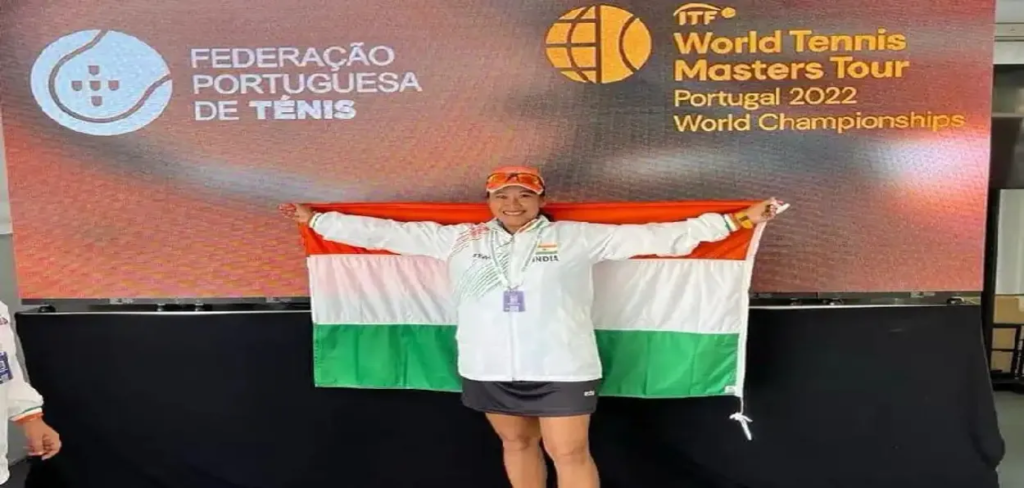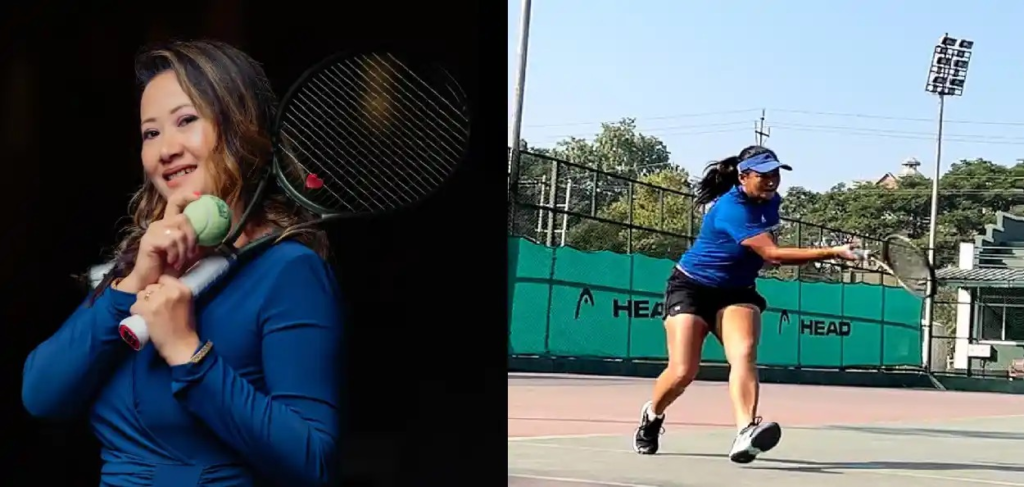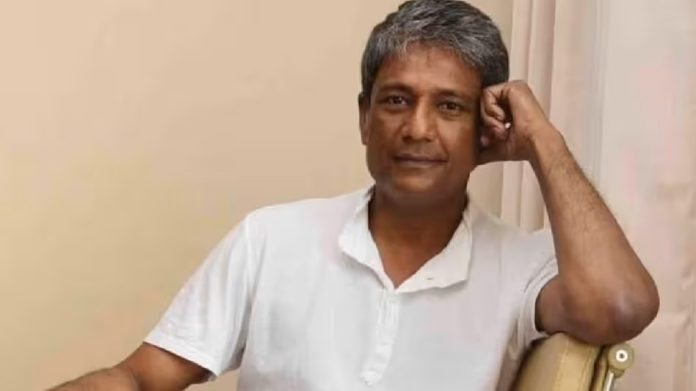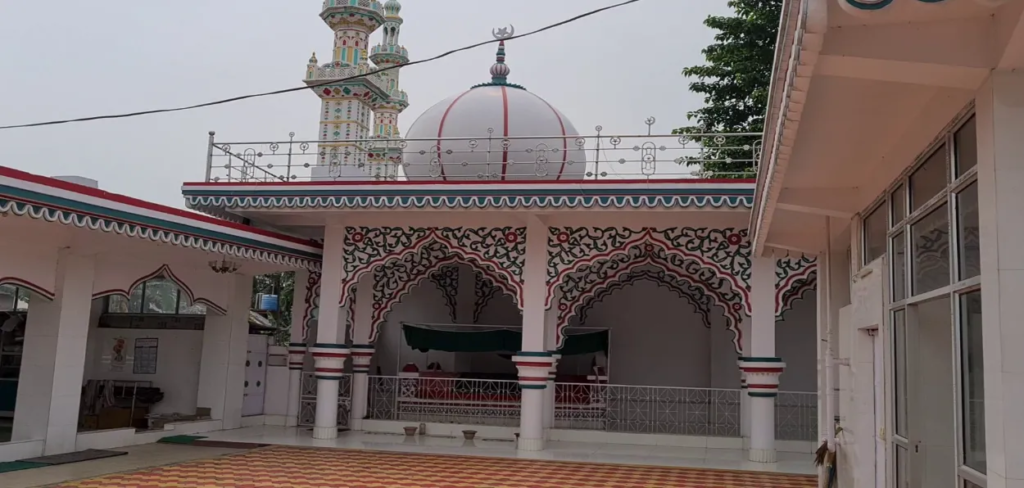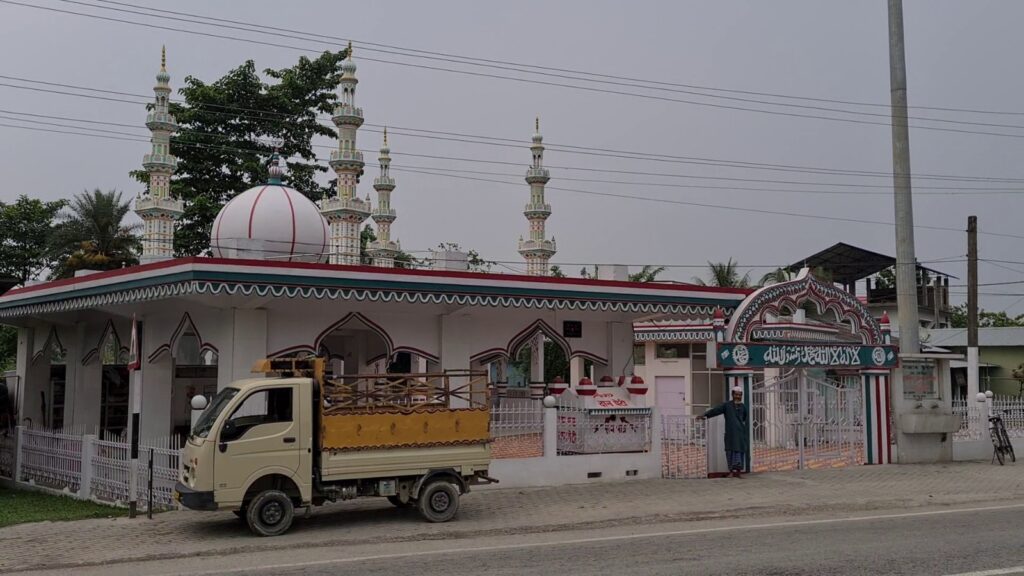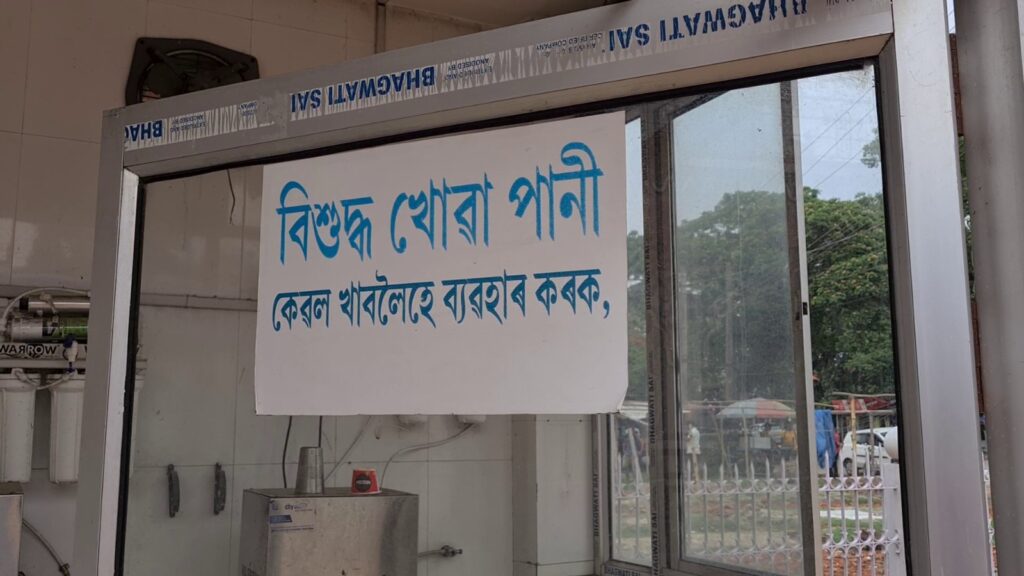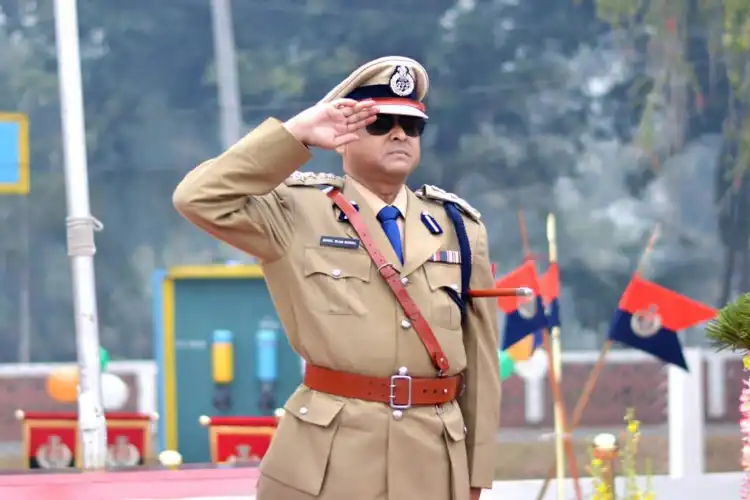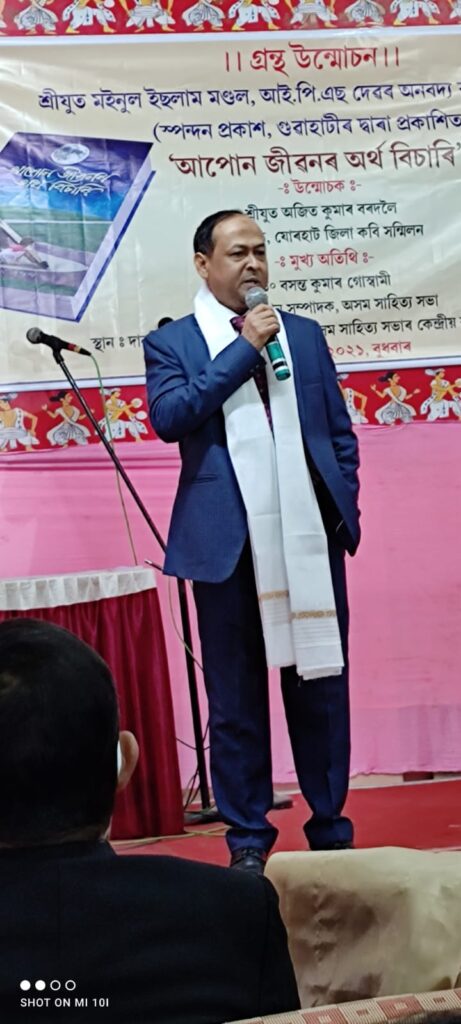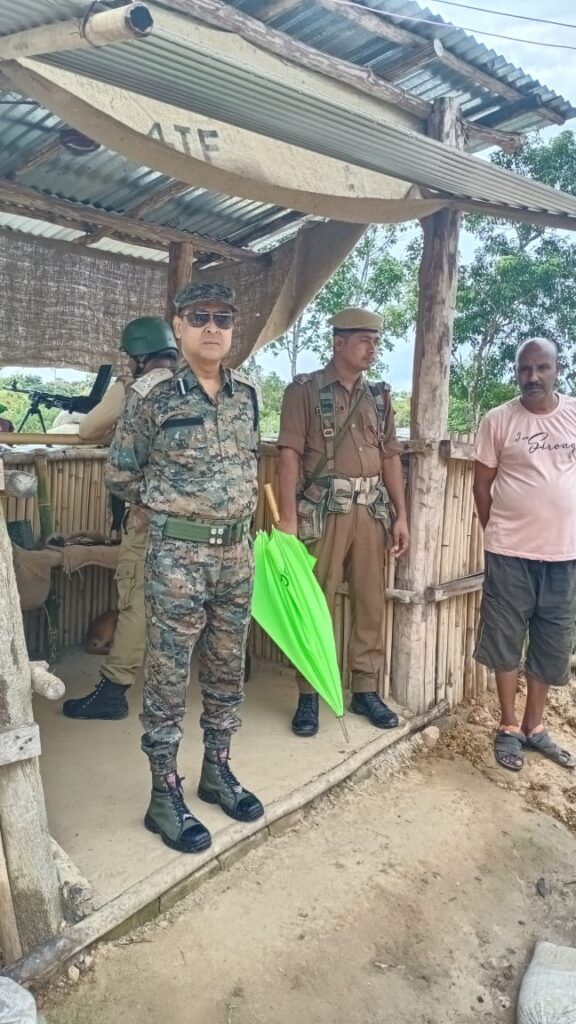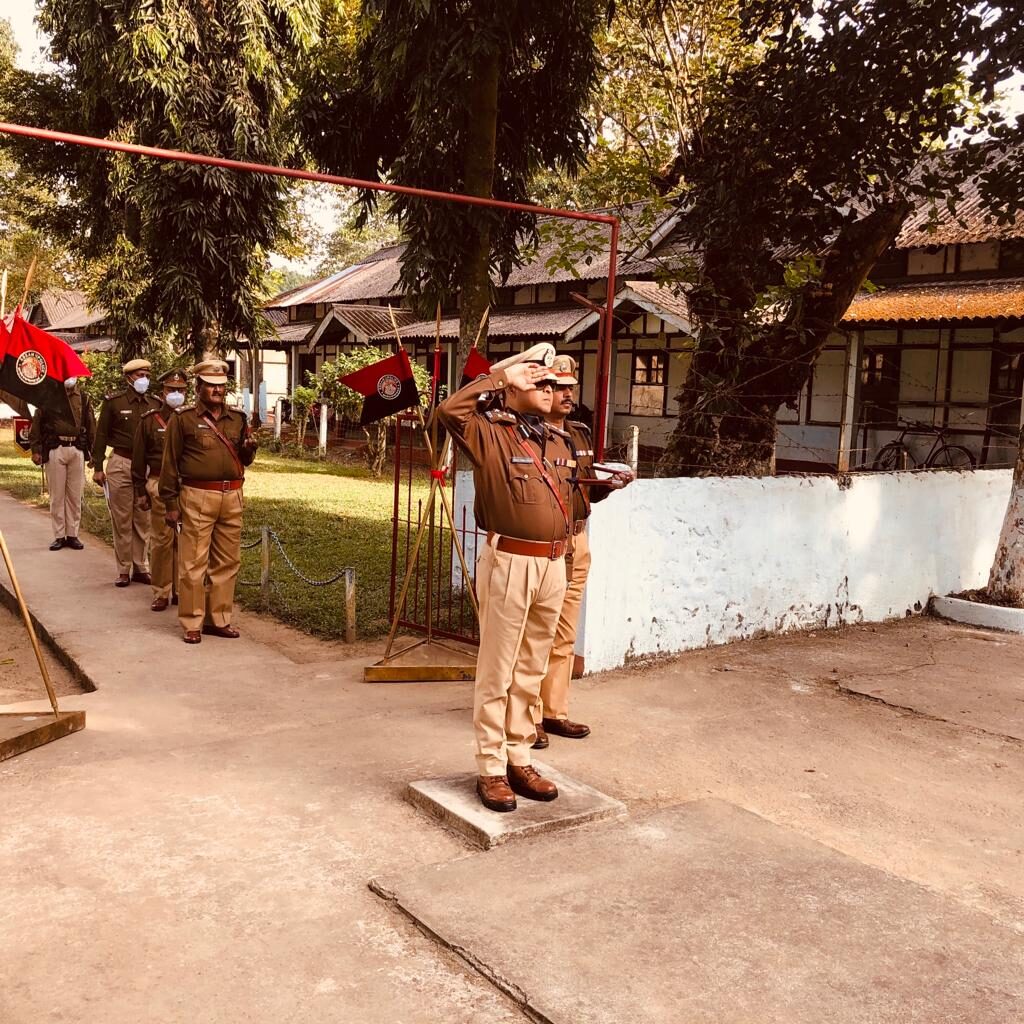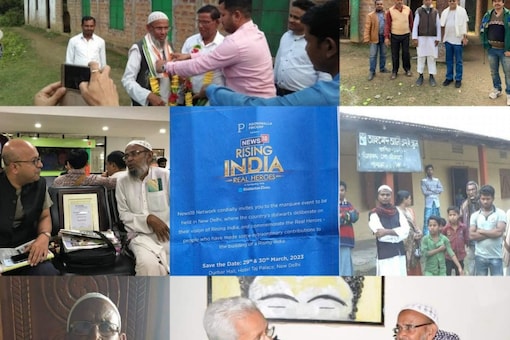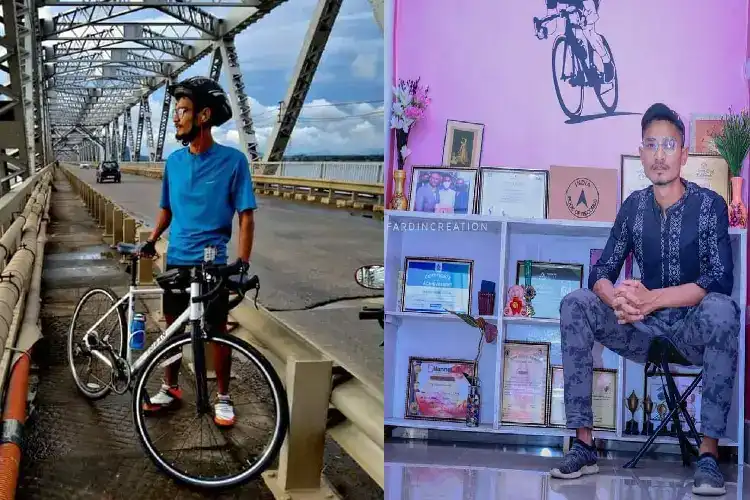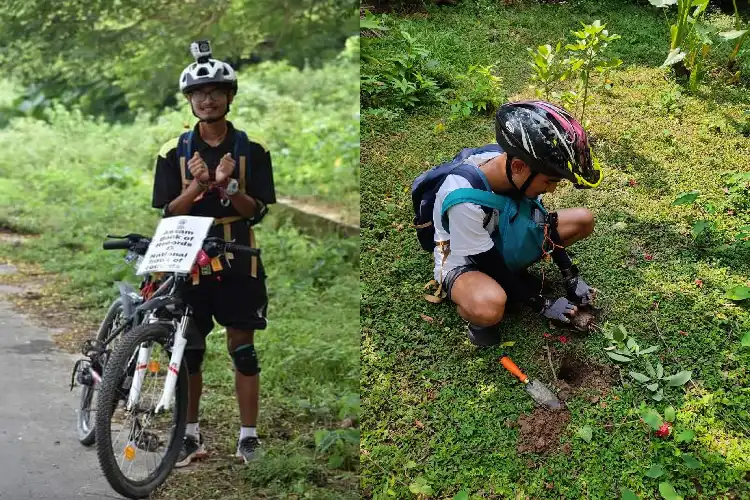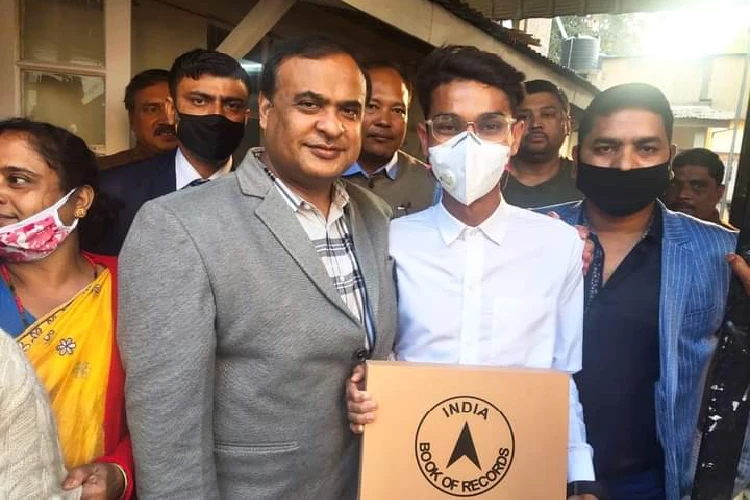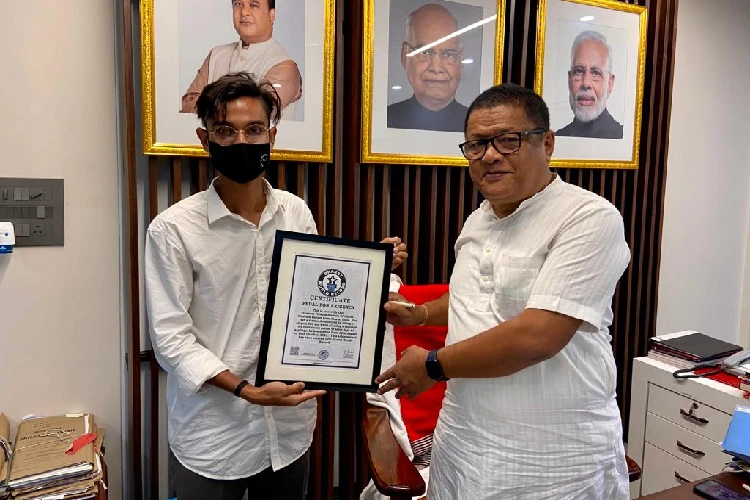ASSAM :
I found that the journey from East Pakistan to India is seen in a completely different light – unlike in Assam.
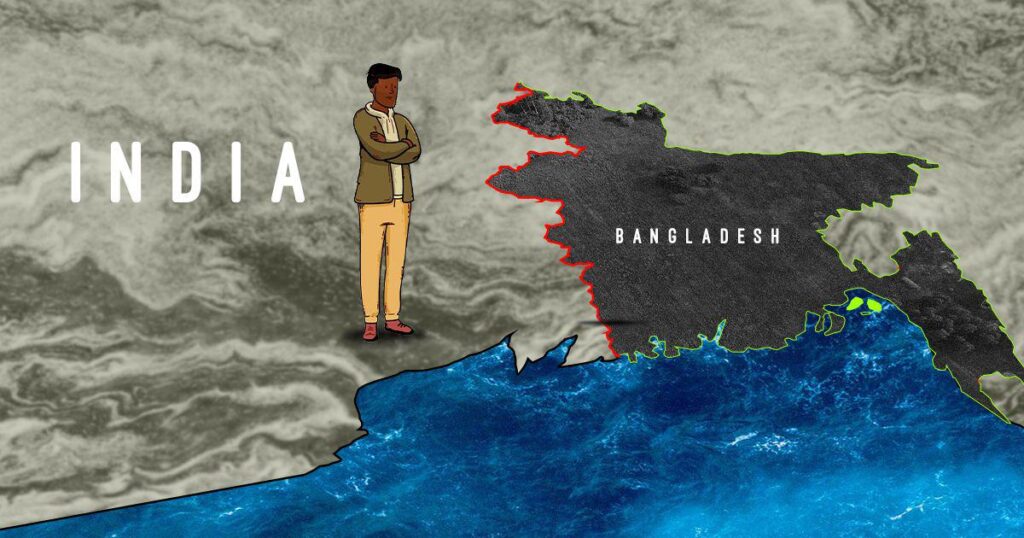
Design | Rubin D’Souza
Earlier this month, I was on my way to the India-Bangladesh border in West Bengal on a reporting assignment.
As I crossed the outskirts of Kolkata and took the Jessore Road, ancient trees swam into view. Our driver, Swapan Kumar Shikari, got talking. “These are very old trees,” he told me. “They guided millions of refugees from East Pakistan who were fleeing the [1971 Bangladesh liberation] war.”
Jessore Road is a historical refugee route, connecting Kolkata and Khulna in present-day Bangladesh, and the flight of terrorised people on this road in 1971 is now part of collective memory. “Most people who you will meet, they came here in 1971 or after that,” Shikari said, pointing to the houses and paddy fields on both sides of Jessore Road.
A similar journey is part of my history too. More than a hundred years ago, our forefathers, mostly peasants, migrated from the Mymensingh district of undivided Bengal to Assam – they were not fleeing violence, but following the instructions of the British colonial power.
Many of them tried to assimilate with the mainstream Assamese society. They not only started to read and write in Assamese but also initiated campaigns to identify themselves as “Assamese speakers” and “Assamese” in the 1941 census. Over decades, however, even our best efforts have not led to acceptance from Assamese society.
And in the process, we have become wary of recognising our roots – on the other side of the border.
For good reason. The rise of Assamese sub-nationalism has led to Muslims of Bengali origin being vilified as “illegal immigrants” from Bangladesh – even though many of them migrated years before the creation of India.
An anxiety, if not paranoia, about outsiders has taken centre stage in Assam and shaped politics in the state for the last six decades. The rise of Hindutva in Assam has only made our lives more precarious.
But as I began my interviews in Thakurnagar, the seat of the Matua order in North 24 Parganas district, I found that the journey from East Pakistan to India is seen in a completely different light here.
The Matuas, an influential religious order consisting almost exclusively of Namashudra Dalit immigrants from Bangladesh, are open about their migration history and are not afraid to speak of their origins.
“My family came here between 1980 and 1985,” said a resident of Thakurnagar. “There is nothing to hide. People in West Bengal have accepted us. Even if they don’t accept us, we don’t have anywhere else to go. Lakhs of people fled, and the local Bengali people not only welcomed us but also gave shelter and showed empathy.”
If he were in Assam now, he would never speak this openly. “You would have been picked up by the border police any day,” I told him.
Indeed, the state in Assam has come up with several mechanisms, from foreigners’ tribunals to the National Register of Citizens, to detect “illegal” residents. This institutional suspicion has taken a toll on the Bengali community in Assam, both Muslims and Hindus.
I have been reporting on the citizenship crisis in Assam for the last five years. Minor errors in documents or the inability to prove they are the children of their parents through documentary evidence have led many people to “fail” their citizenship test.
The plight of Bengalis in Assam was familiar to those I interviewed. Indeed, a few years ago, residents of West Bengal were spooked at the prospect of the National Register of Citizens being carried out on a nationwide scale, as suggested by the Union home minister Amit Shah.
On the last day of my reporting assignment, a Kolkata-based social activist from the Matua community had several questions for me about the National Register of Citizens.
I told him how the majority of Bengali Muslims in Assam supported the idea of the National Register of Citizens. Since they are required to produce papers in every aspect of life to prove their citizenship, they were not anxious. They knew they could produce the documents that could rid them of the lifelong “Bangladeshi tag.”
The Assam National Register of Citizens ended up excluding 19.06 lakh people, from Hindus to Muslims, from natives to those with a migration history. They are on the verge of statelessness and they now have to prove their citizenship before the tribunals, the last chance before being declared as non-citizens.
I told the Matua leader that if the National Register of Citizens came to West Bengal, those who came after 1971 would face hurdles having their names included. But while Hindu migrants may be protected by the Citizenship Amendment Act, Muslims may still have to prove their citizenship.
“Yes, the words ‘infiltrators’ and ‘illegal immigrants’ will only be associated with Muslims,” he agreed.
Citizenship is a federal subject in India, and the Union government makes the laws for it. But how a state responds to the spectre of illegal immigrants depends on its own history and culture.
In Assam, both the state and the citizenry are suspicious about migrants.
But other regions show us that another way is possible. In West Bengal, the state and its people not only accept migrants wholeheartedly but also show compassion for their history.
Most recently, the tiny northeastern state of Mizoram gave shelter to refugees from Myanmar and Bangladesh, describing them as their kith and kin.
But in Assam, with an aggressive form of Hindutva becoming dominant, it is unlikely that a Bengal-origin Muslim like me will find the courage to look back at my history – without having to pay a price for it.
source: http://www.scroll.in / Scroll.in / Home> Backstory 2024 / by Rokibuz Zaman / December 11th, 2024
